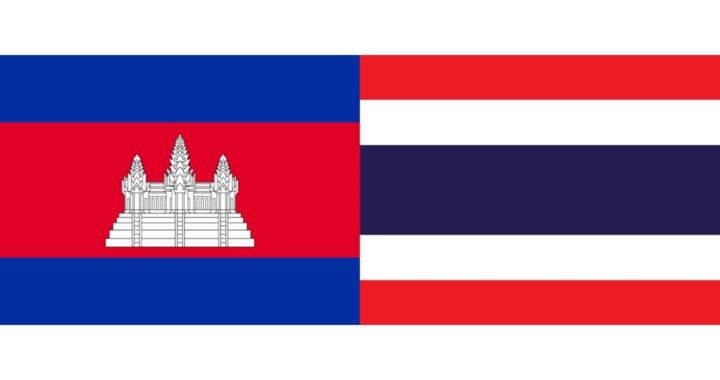Update at 02:00 ICT on 29 July
25 July
Airstrikes by Thailand and shelling by both sides continued. Civilian populations of both countries were evacuated from border areas.
Acting Prime Minister of Thailand Phumtham Wechayachai stated that the conflict could turn into a full scale war if the situation worsened. Thailand rejected the proposal of mediation from a third country to end the fighting, opting to resolve the situation only through bilateral talks.
26 and 27 July
Fighting continued, spreading to other parts of the border. The death toll climbed to at least 32, including 21 civilians.
President Donald Trump spoke to the Prime Minister of Cambodia and Acting Prime Minister of Thailand, threatening not to conclude a trade deal with either country if it continued fighting. Both leaders then accepted an invitation from the Prime Minister of Malaysia, Anwar Ibrahim, to participate in peace talks mediated by him on 28 July.
28 July
Shelling began at 03:00. A spokesperson for the Cambodian defence minister accused Thai forces of using chemical weapons. This was denied by the Thai Ministry of Foreign Affairs.
Peace talks were convened in Malaysia. As well as the leaders of Cambodia and Thailand, representatives of the USA and China were present. Agreement was reached on an “immediate and unconditional ceasefire” with effect from 23:59 ICT on 28 July. At 7:00 on 29 July, military commanders and defence attachés would meet, and a border committee meeting would be held on 4 August. The Association of Southeast Asian Nations will be involved in a process to ensure the ceasefire lasts.
For further information on the outcome of the negotiations, see this report from Channel News Asia.
